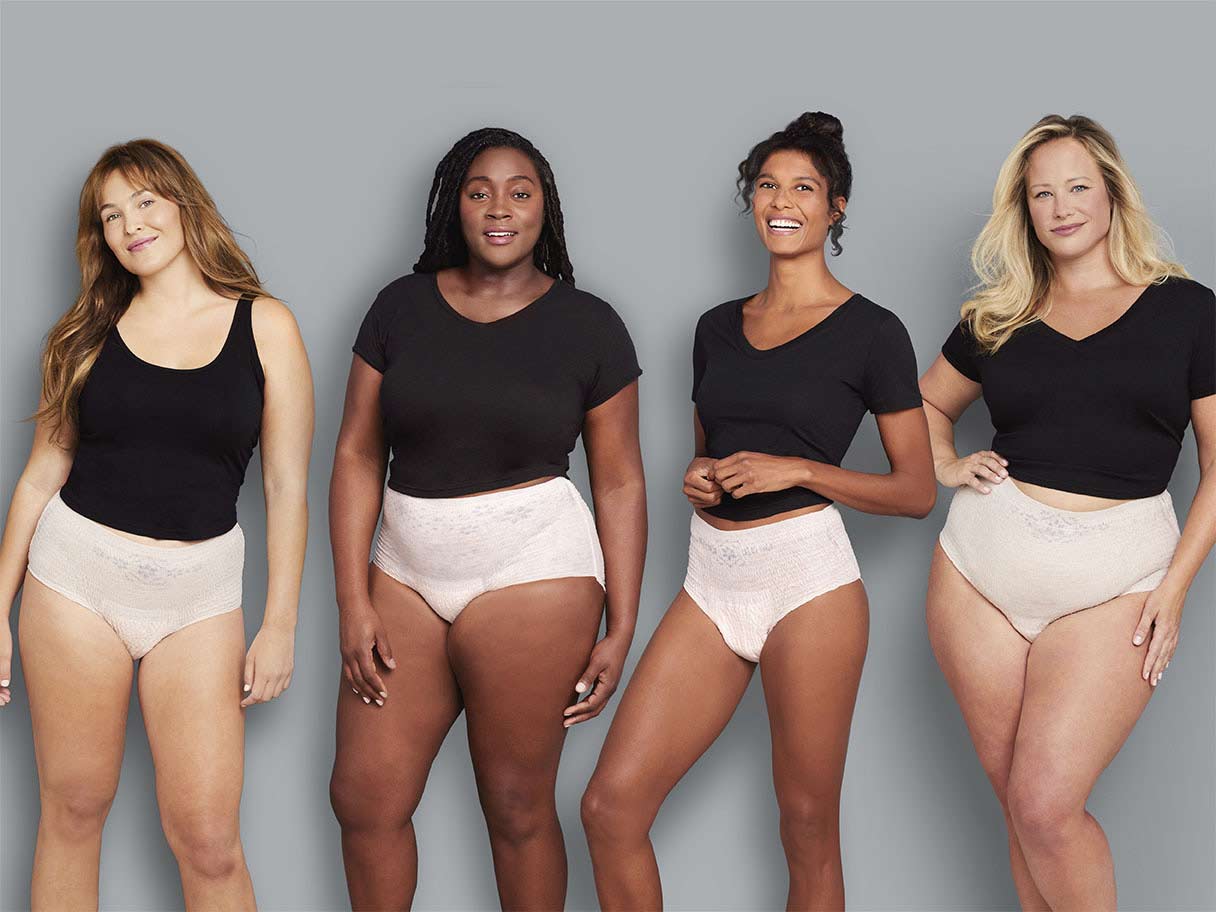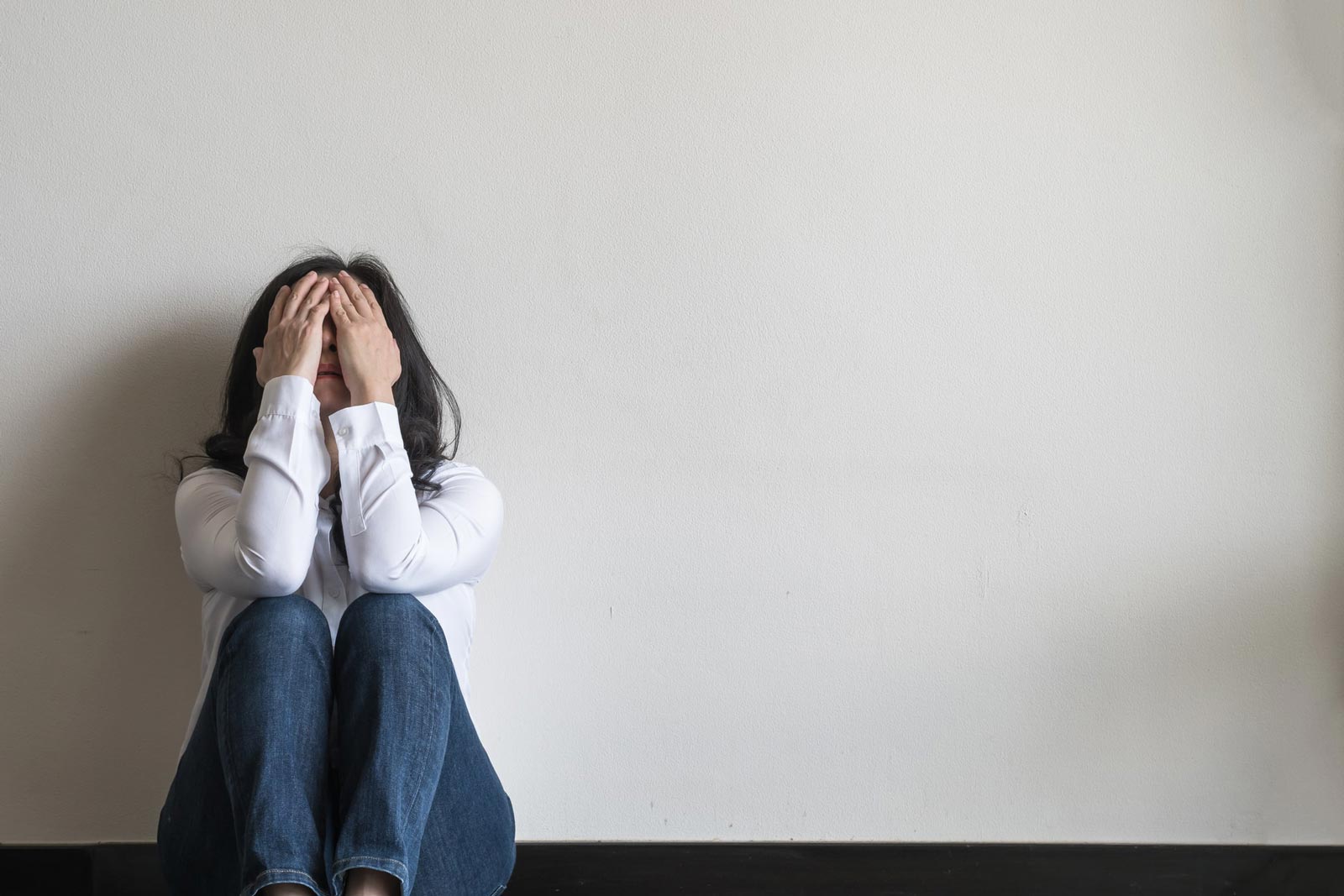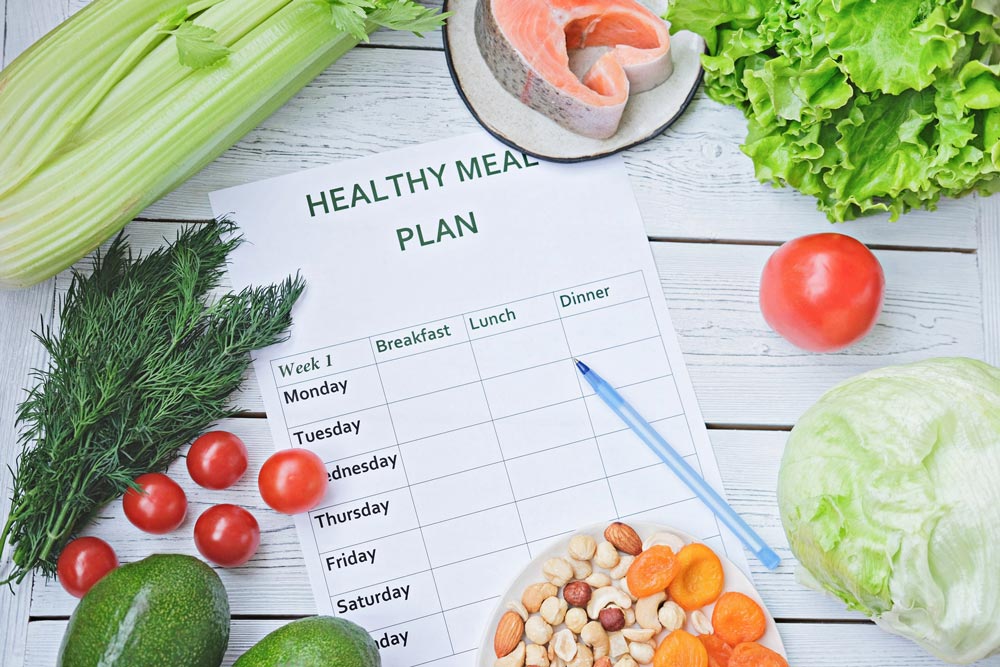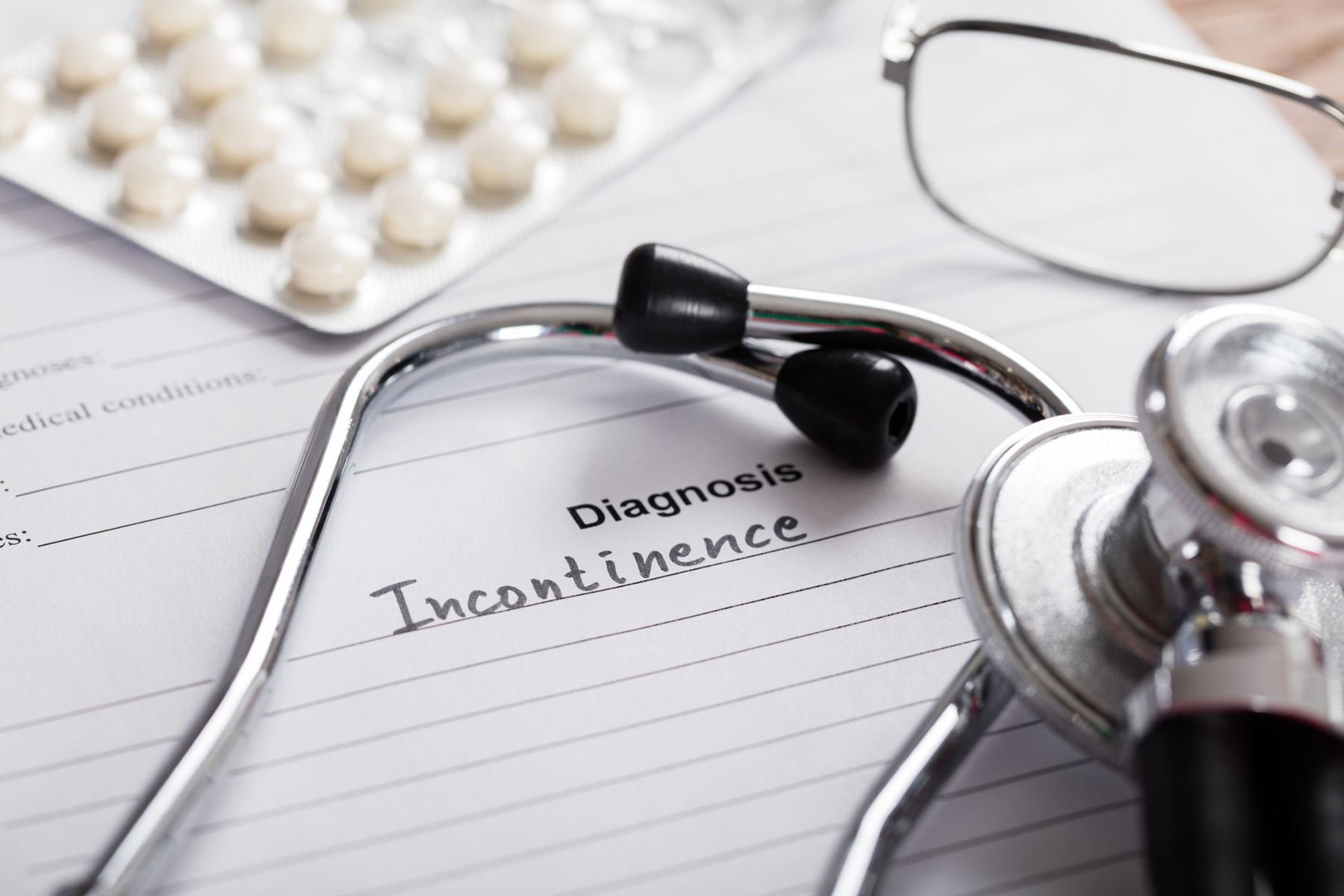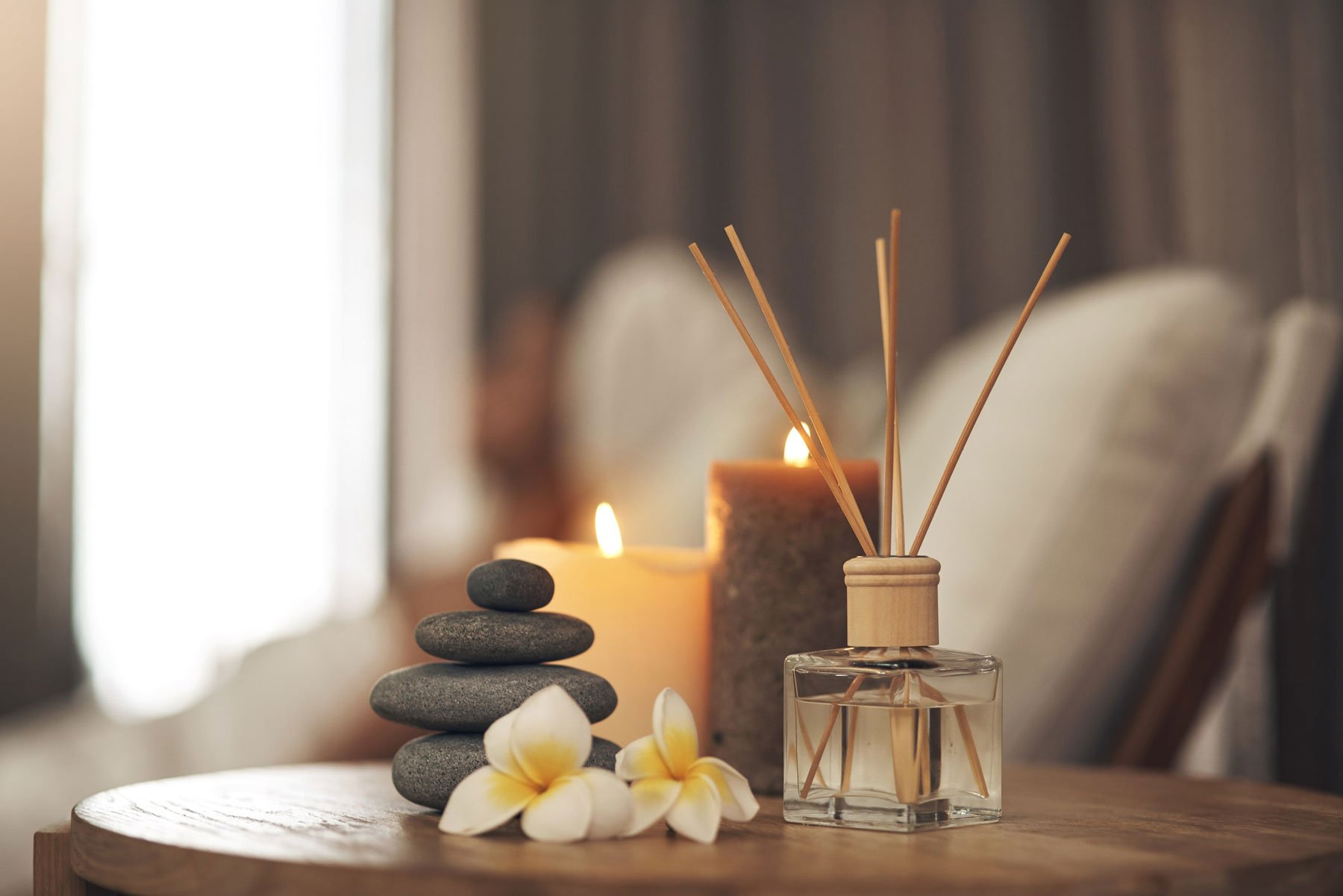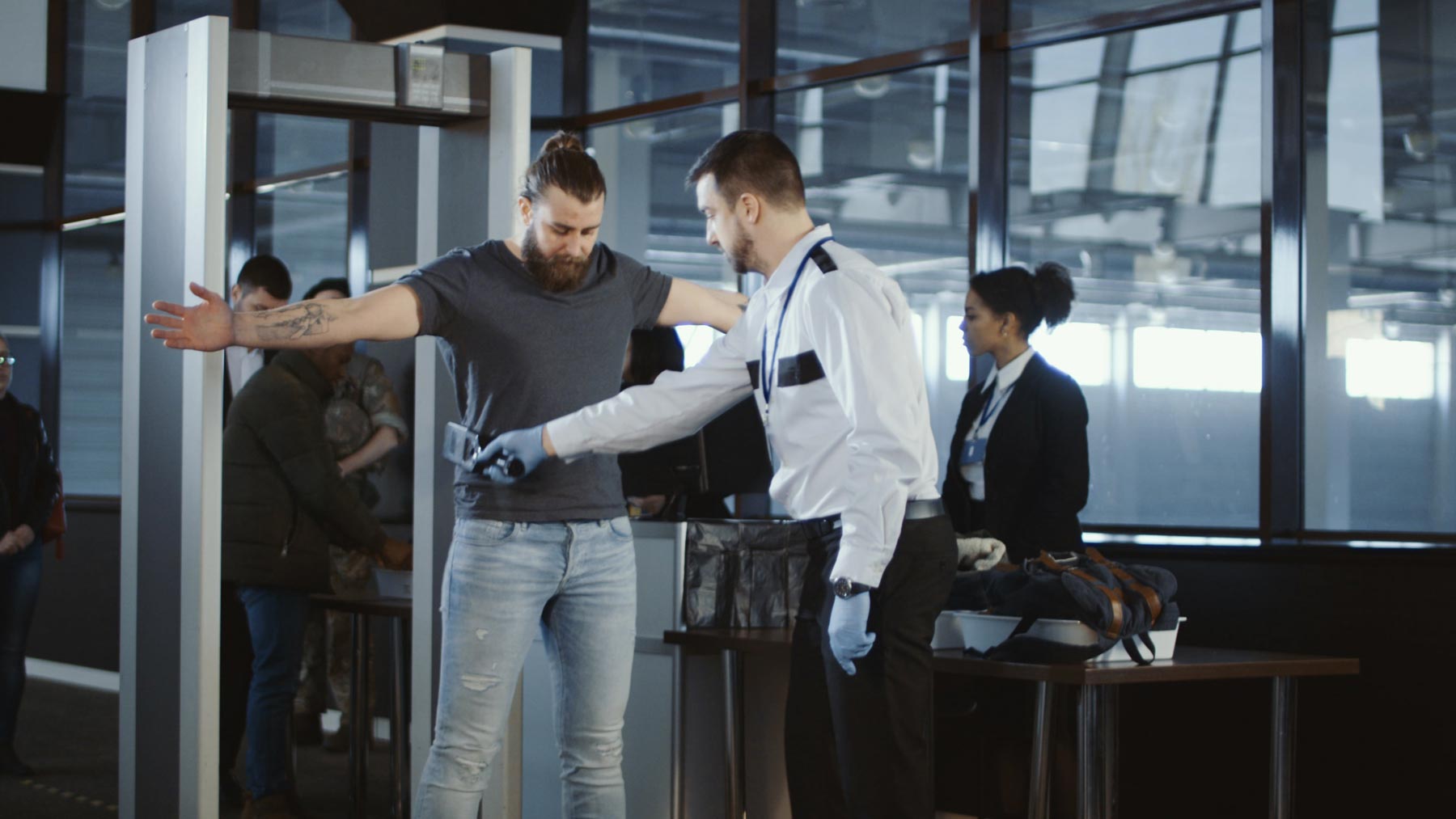Understanding and Controlling Triggers of Bladder Leakage
Understanding and Controlling Triggers of Bladder Leakage
The sound of a waterfall or a rushing stream has an almost universal effect on people—it can trigger a strong desire to visit the nearest restroom.
But for those with bladder leakage, there are a host of far less obvious triggers that can prompt the need to go. By identifying those triggers, you can alter your behavior and take more control over bladder leaks.
Topping the list of potential triggers are many foods and beverages". Bear in mind that triggers will differ from one person to another. The things that cause the urge in one man can have no effect in another.
The best way to determine your triggers is to keep an accurate history of what you eat, drink, and how often you go. You can also use trial and error; eliminate all suspected triggers, then gradually reintroduce them one by one to measure your tolerance levels.
Here are the top culprits to consider:
Alcohol
Beer, wine and liquor are all diuretics that cause the bladder to fill quickly and trigger an urgency to void. Additionally, alcohol impairs the signal between the bladder and the brain, interfering with bladder control and increasing the likelihood of accidents. Limit your alcohol intake or avoid it altogether.
Caffeine
Coffee, tea, colas, and chocolate can all be irritants to the bladder. Because caffeine is also a diuretic, it can cause you to produce more urine. Consider eliminating caffeine by switching to caffeine-free beverages and foods. If quitting coffee or soda altogether is too challenging, try drinking no more than two cups of caffeinated beverages per day.
Carbonation
Bubbles can spell trouble. Carbon dioxide in fizzy drinks can irritate the bladder. Avoid all carbonated beverages including sparkling water, seltzer water, and club soda.
Citrus fruits and juices
Grapefruits, oranges, lemons, limes and pineapples all have an acidic pH and can aggravate incontinence.
Tomatoes and tomato-based foods
Tomatoes are another acidic food that can irritate symptoms. Tomatoes in their raw form, as well as juices, tomato paste, spaghetti sauce, ketchup and chili sauces can all cause problems.
Spicy foods
From cayenne pepper to curry, spicy foods can trigger the urge. Research indicates spicier foods can irritate the lining in the bladder and exacerbate incontinence. Try taking the heat out of your favorite foods. You can still enjoy the flavor without the aggravation.
Sweeteners
Sugar, honey and a range of artificial sweeteners can affect the bladder. Use them sparingly, or consider eliminating them from your diet.
Supplements
A variety of supplements and energy drinks may contain caffeine-based ingredients that can irritate the bladder and trigger the urge. Be sure to read labels carefully and watch for caffeine on the label.
Drinking too much
Staying hydrated is important to our bodies. But too much fluid can trigger too many bathroom trips. It’s recommended that you drink no more than two quarts of water daily. Try drinking most of your fluids during the day to avoid getting up too frequently during the night.
Teaming Up to Tackle Triggers
It’s always a good idea to discuss your diet choices with your doctor. Together you can pinpoint the foods and factors that make you go more, then reduce or eliminate them from your diet and daily routine.

